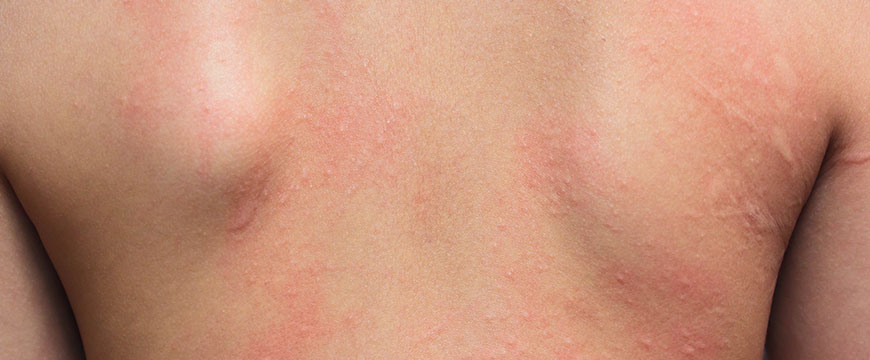
For a lot of people, their dogs, cats, and other animals are members of the family. From cuddling to watching pets offer companionship to people who care for them. However, when you have a furry friend, asthma and allergies can be a less-than-perfect partnership. Three out of ten people with allergies are reactive to cats and dogs.
An allergy specialist sees this a lot in their patients, which is why they should know their triggers and how to manage symptoms when they happen. A lot of people think that fur causes allergies. The reality is that proteins in dander or dead skin cells collect animal hair. If you want to learn more, read on.
Understand Pet Allergies
You need to see a doctor and get tested to determine what allergies you have. You could find out that you are allergic to something else and not really your pet. For instance, you might assume that you are allergic to your dog, only to discover that you are allergic to tree pollen that goes on his fur while walking outside.
If the test shows that you are allergic to your pet, you should understand what causes your allergic reaction. There are proteins that trigger allergies known as allergens in skin glands and saliva that cling to the dry skin of animals and fur. The fur and dander will then stick to carpets, clothing, and walls.
Clean Your Rugs Once a Week
If you want to reduce how much dander is in your home, you should focus on spots that are magnets for it, such as carpets and rugs. You should make sure to vacuum carpets once weekly with a device that uses HEPA filter. They suck up small bits of matter, like pet dander, that other vacuums could miss. Your rugs should be washed once a week.
Pet dander can stick to hard surfaces like floors and walls, so make sure to clean them regularly based on proper care instructions for any materials.
Use an Allergy-capturing Filter
When you regularly change it every 3 months, they are going to capture the invisible and visible dander and other allergens, which effectively vacuum air that flows through your filter. You will get the benefits of allergen defense, and the best dust-holding power of any filter. Improve indoor quality by capturing allergens and holding 2X more dust because a cleaner, fresher home is happy.
Do Not Allow Pets in Your Bedroom
People spend half of their time in the bedroom, which is why you should never allow your pet to sleep in bed with you. Make sure to limit the access of your pets to the bedroom by keeping your bedroom door closed all the time. Regularly wash your bedding and consider an allergen-free mattress cover that fits on your box spring and mattress.
Bathe Your Pet Every Week
When you do this, you are reducing the allergy-causing dander you have. Cats can become used to bathing, but it is important to only use products that are for cats; kittens might need kitten shampoo. Ask your veterinary staff or a good book on pet care for directions when it comes to safe bathing. It would be good to use a shampoo that is recommended by your veterinarian or animal care specialist.
Consider Your Environment
If you are already allergic to dust mites, mold, pollen, or cigarette smoke, your allergies have most likely kicked in. This will make you extra sensitive when you add a pet.
You can try an allergist specialist Germantown MD anytime you need to address pet allergies.








